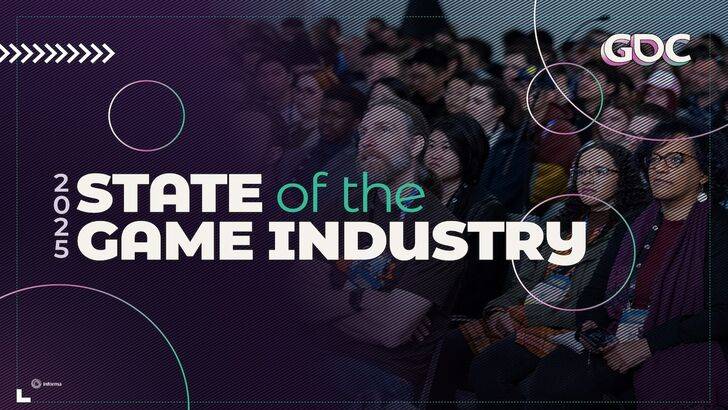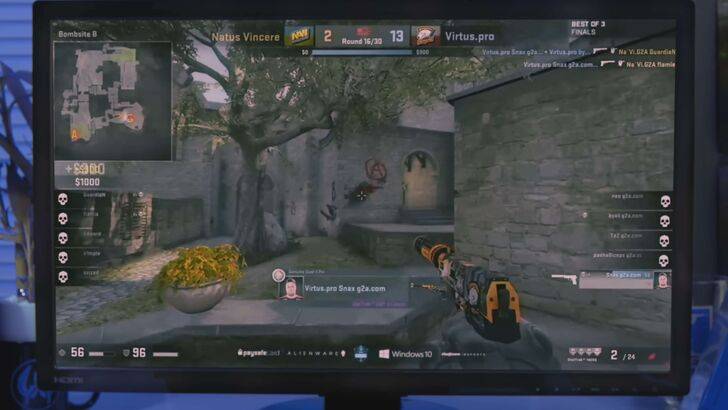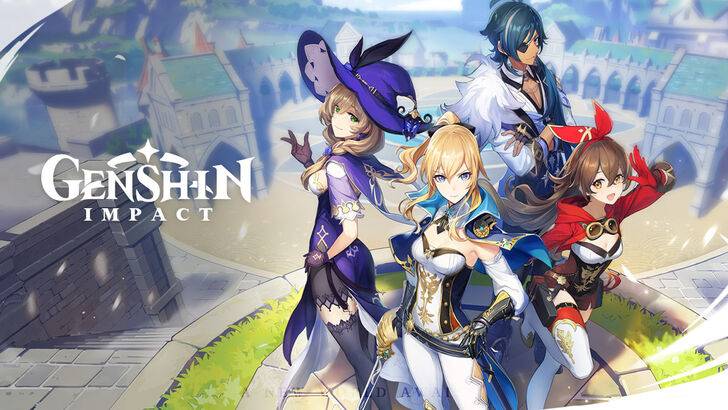The 2025 Game Developers Conference (GDC) State of the Game Industry report highlights a significant shift in game development focus. A striking 80% of developers are prioritizing PC game creation, a 14% increase from the previous year.

PC Dominance and Potential Shifts
The report, an annual survey of global game developers, reveals a clear trend towards PC game development. This surge, from 66% in 2024 to 80% in 2025, may be partly attributed to the rising popularity of Valve's Steam Deck, although the device wasn't a direct survey option. A significant portion (44%) of developers who selected "Other" platforms specifically mentioned the Steam Deck.

While PC has been the dominant platform for some time (increasing from 56% in 2020), the continued growth suggests a substantial expansion of its game library. However, the impending release of the Switch 2, with its promised graphical and performance enhancements, could potentially moderate this trend.

Live Service Games: A Mixed Bag
The report also sheds light on the prevalence of live-service games. A third (33%) of AAA developers are currently working on such titles. Across all respondents, 16% are actively developing live-service games, with 13% expressing interest. Conversely, 41% showed no interest, citing concerns such as declining player engagement, creative limitations, potentially exploitative practices, and developer burnout.

GDC emphasizes the issue of market saturation within the live-service sector, highlighting the challenges developers face in maintaining sustainable player bases. The recent closure of Ubisoft's XDefiant serves as a notable example of this struggle.
Geographic Representation and Report Limitations
A subsequent PC Gamer article points out a significant underrepresentation of non-Western developers in the GDC report. Nearly 70% of respondents hailed from Western countries (US, UK, Canada, Australia), with notable absences from regions like China and Japan. This skewed representation might influence the report's findings, potentially not fully reflecting the global game industry landscape.





















